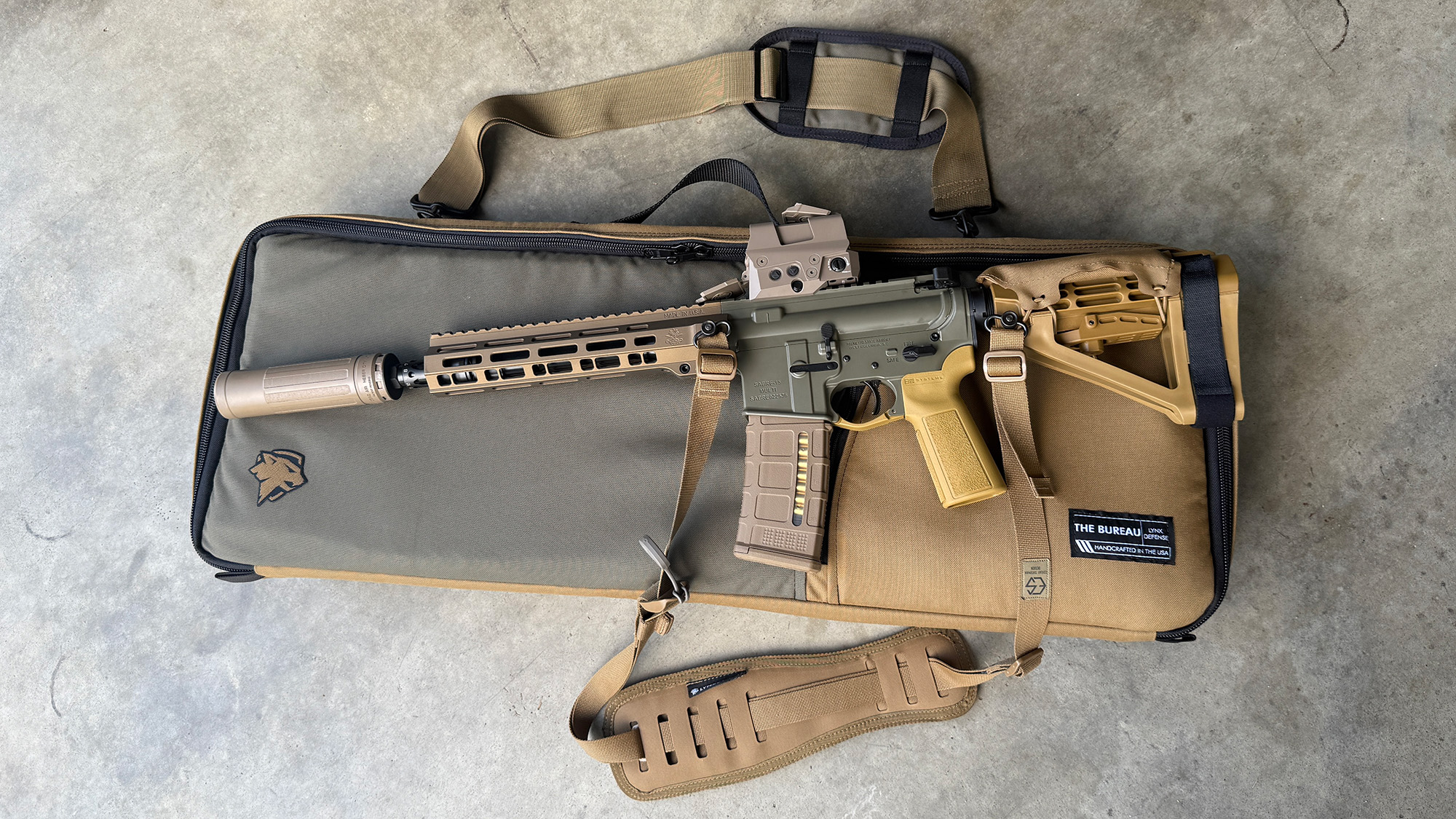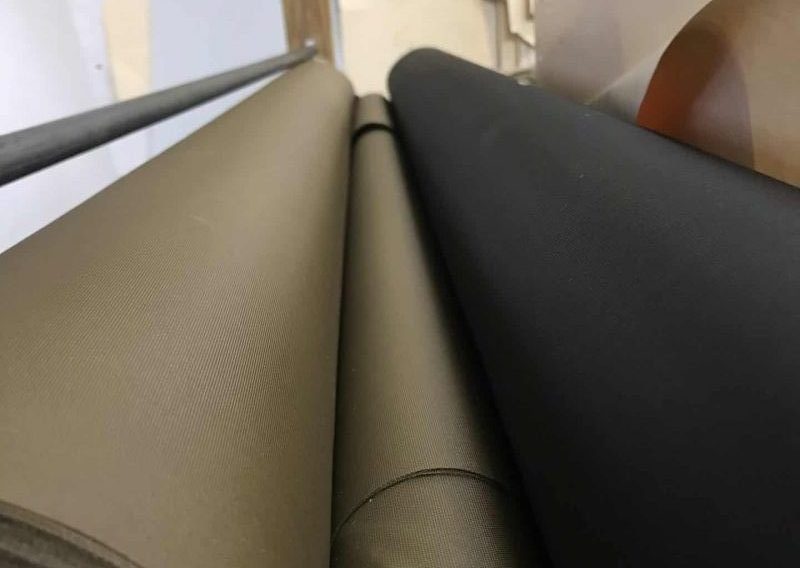
Ready to see what we have coming?
Lynx Defense will release some new things soon. Let us deliver them right to your inbox!

Lynx Defense will release some new things soon. Let us deliver them right to your inbox!
We may earn revenue from product links on this page and participate in affiliate programs. Learn More ›
We often get the question “What’s the difference” between the two most common deniers of Cordura, 500D vs 1000D Cordura. Here at Lynx Defense, we use Cordura for the bulk of our bag construction.
We use both 500D and 1000D Cordura fabric. 500D Cordura is what the majority of our bag’s shell fabric is made.
The major reason to use 500D is the price per yard versus need/application.
First, let us take a moment to explain what denier is:
“Denier is a unit of measurement that is used to determine the fiber thickness of individual threads or filaments used in the creation of textiles and fabrics. Fabrics with a high denier count tend to be thick, sturdy, and durable. Fabrics with a low denier count tend to be sheer, soft, and silky.”
StandardFabric.com
The material’s feel can depend on several factors, including the dying process, thickness, and country of origin.
During the dying process utilized to color, the fabric coatings and other protectant materials can be applied to Cordura, which affects the material’s overall feel and pliability.

The two methods of dying the Cordura we purchase are solution-dyed, and piece died. To put it simply, solution-dyed fabric tends to have a much more consistent color through the entire roll of fabric, whereas piece dyed fabric can sometimes have lighter areas.
I will say that I’ve never seen any issues with piece-dyed fabric from our mills.
Both 500D and 1000D are made of a nylon weave that varies in thickness. Although they are both made from the same underlying material, the 500D weave is made from thinner yarn than the 1000D.
The country of origin of the material can also have a lot to do with the feel and overall quality. We only use domestically produced (US Made) Cordura.
How to clean Cordura fabric is a question we are often asked so we wrote up a quick article on it. But simply put warm water and liquid dish detergent on an old rag will typically do the trick.
As of this date, all of our products can be made with either 500D or 1000D material. Our pistol range bag and our rifle bags come standard in 1000D Cordura. We do get requests for both, so we try to keep stock of both kinds of material.
We generally make 500D bags to order in rare cases. These requests usually come from people who need lighter or more flexible weighted material.
The major factor in choosing which denier Cordura is the price. We typically use several yards of fabric per bag, thus increasing the cost substantially.
Due to our commitment to keeping our production in the United States, our products already cost more than our Chinese-made competitors. We do everything in our power to mitigate cost increases for our customers.
As of September 2024, the cost per yard of 500D Cordura is roughly $9.50 /yard depending on the dying process and color. The price of 1000D Cordura is approximately $12 /yard with the same variables as the 500D. Keep in mind; that these prices do not include the shipping of the roll to the manufacturing facility or any taxes or fees.
Are we able to iron patches onto the Rifle Case / 500D material?
if I want to get a backpack 22’W x 24H to carry an item that is about 40lb made from the Rift Blue True Timber 500D Coated Cordura what would be the cost to make and ship to Florida?
Hi
I was wonder if you’ll make a video about the details of the ArchAngel bag…
We will try to get a video up about it soon.